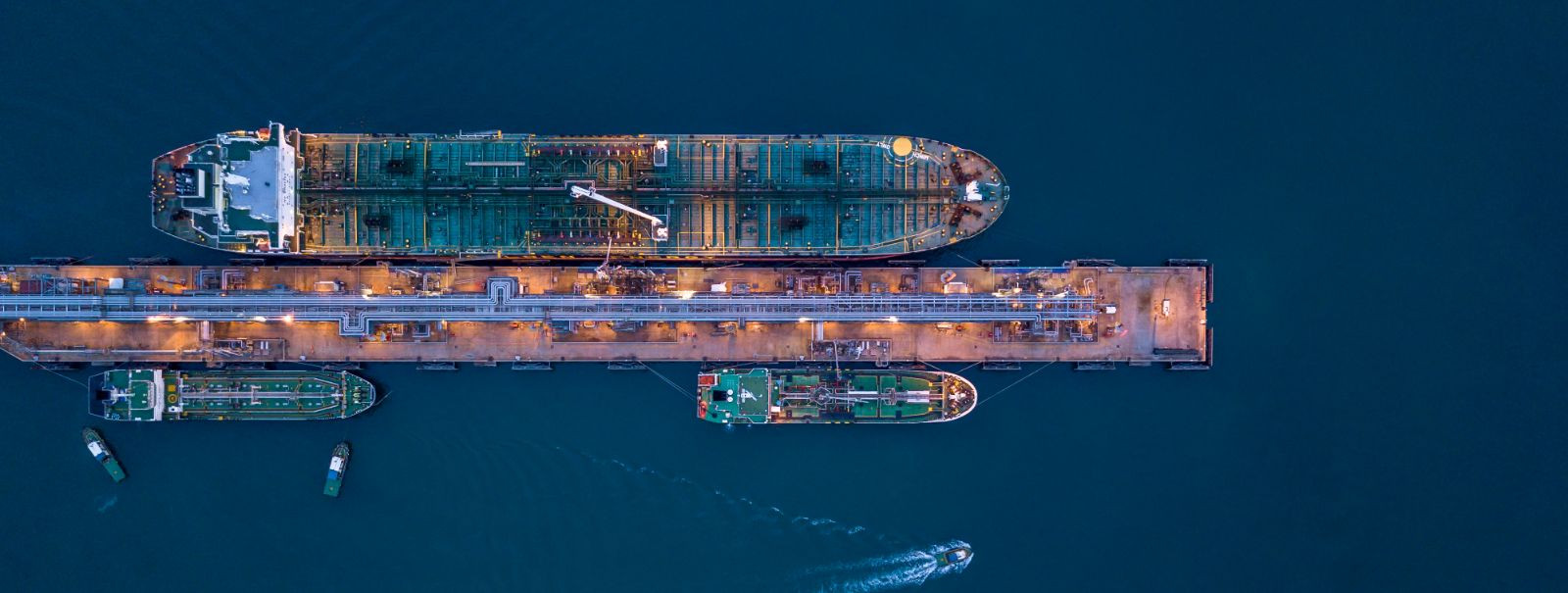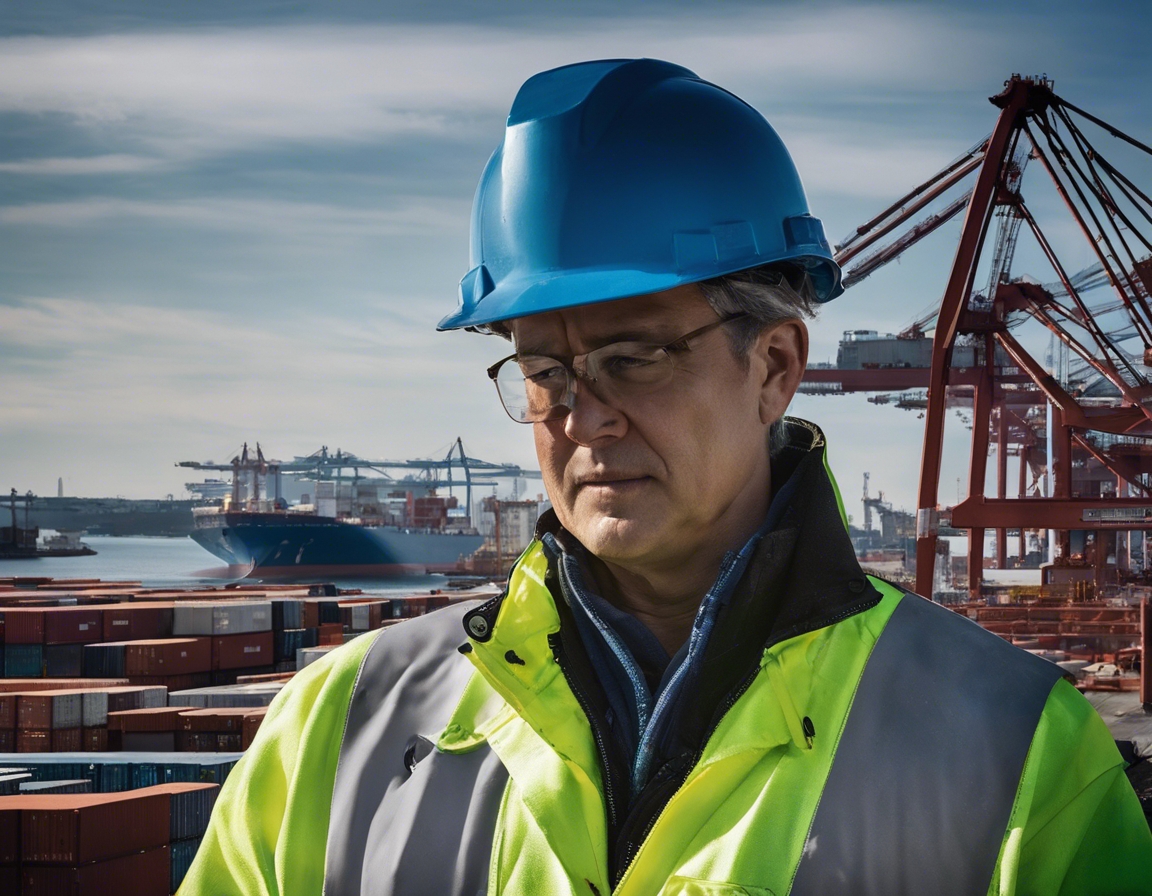The future of maritime transport: trends to watch
The maritime transport industry stands as the backbone of global trade, responsible for the movement of billions of tons of cargo annually. As we navigate through the 21st century, the sector is poised to undergo transformative changes driven by technological innovation, environmental concerns, and shifting economic landscapes. In this blog post, we will explore the key trends that are shaping the future of maritime transport and what they mean for international businesses reliant on this critical mode of transportation.
Decarbonization of the Maritime Industry
With the global push towards sustainability, the maritime industry is exploring alternative fuels such as LNG, hydrogen, and biofuels to reduce greenhouse gas emissions. The adoption of these cleaner energy sources is not only environmentally responsible but also aligns with the International Maritime Organization's (IMO) stringent regulations aimed at curbing pollution.
New regulations are being introduced to ensure ships minimize their environmental impact. Compliance with these regulations requires significant investment from shipping companies, which may include retrofitting existing fleets or investing in new, eco-friendly vessels.
Many shipping companies are participating in green initiatives, such as the Clean Cargo Working Group, to improve environmental performance. These collaborative efforts are crucial for setting industry standards and driving collective action towards a more sustainable future.
Technological Advancements in Ship Design and Operations
The advent of autonomous ships promises to revolutionize the maritime industry by enhancing safety, efficiency, and reducing operational costs. While fully autonomous vessels are still in the developmental stage, the technology is rapidly advancing, and we can expect to see more pilot projects and regulatory frameworks emerging.
Modern ships are equipped with state-of-the-art navigation and communication systems that improve situational awareness and connectivity. These systems are integral to the safe and efficient operation of vessels, particularly in congested or challenging maritime environments.
Technological innovations in cargo handling and stowage are enabling ships to carry more cargo with greater efficiency. Automated systems and robotics are being integrated into cargo operations to streamline processes and reduce the risk of human error.
Global Trade Dynamics and Maritime Transport
Changing economic conditions and trade policies are influencing global trade routes. The maritime industry must adapt to these shifts by optimizing routes and fleet deployment to meet the evolving demands of international trade.
Geopolitical events can have immediate effects on maritime transport, affecting everything from fuel prices to security concerns. Companies must remain agile and informed to navigate these complex challenges.
New markets and trade agreements offer opportunities for growth in the maritime sector. As economies in Asia, Africa, and South America continue to expand, maritime transport will play a pivotal role in facilitating international business.
Maritime Safety and Security
Continuous improvements in safety protocols are essential for protecting lives, cargo, and vessels. The industry is adopting new technologies and best practices to enhance safety at sea.
Maritime security remains a top priority, with ongoing efforts to combat piracy and terrorism. Enhanced surveillance, international cooperation, and security training are among the measures being taken to safeguard maritime interests.
As the maritime industry becomes increasingly digitalized, cybersecurity has emerged as a critical concern. Protecting data and operational technology from cyber threats is paramount for maintaining the integrity of maritime operations.
Environmental Protection and Sustainability
Effective ballast water management is crucial for preventing the spread of invasive species and protecting marine ecosystems. The industry is implementing new technologies and practices to manage ballast water in an environmentally responsible manner.
Shipping companies are adopting waste management strategies to minimize the environmental impact of their operations. This includes reducing plastic use, improving waste segregation, and investing in pollution control technologies.
The designation of marine protected areas (MPAs) is an important step towards preserving marine biodiversity. The maritime industry must work alongside conservation efforts to ensure that shipping activities do not adversely affect these critical habitats.





Comments (0)